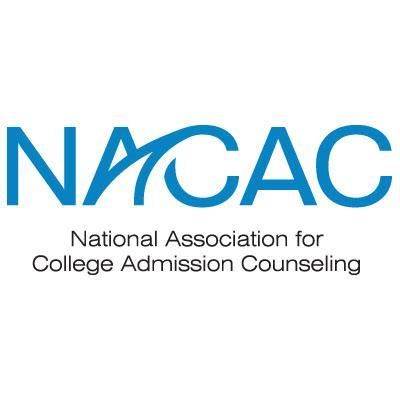As many of you are aware, a number of important issues were voted upon recently at NACAC’s 75th Annual Conference in Louisville. Following the conference, NACAC President Jayne Fonash provided an update to all members:

At the Assembly and Annual Membership Meeting:
- A moratorium on enforcement of the Code of Ethics and Professional Practices (CEPP) was approved, effective immediately, for a period of up to one year or until legal review with the DOJ is resolved.
- Three CEPP provisions, as well as some introductory language included in one section of our code of ethics, were removed from the document, also effective immediately. The provisions were items that the Department of Justice (DOJ) believes inhibit, to some extent, competition among colleges for students. The statements addressed offering exclusive incentives for Early Decision, recruiting first-year undergraduates who have committed elsewhere, and recruiting transfer students. (Read more about the specific provisions.)
- NACAC’s Bylaws were amended, giving the association’s Board of Directors special authority to act in extraordinary legal circumstances should any additional changes in the CEPP or association bylaws become necessary.
- The new NACAC membership model was approved through bylaw changes.
Right now:
- Take care when addressing the media on the DOJ investigation. If you do speak to the press, please note you are speaking on your own behalf and be careful about sharing specific information regarding how your policies and practices will or will not change following this weekend’s votes.
- If you do choose to speak publicly, please seek the guidance of your institution’s leadership, such as your president, head of school, superintendent, or legal counsel. The notion of “restraint of trade” among colleges and universities in their recruitment of students is the key issue for NACAC members to keep in mind when thinking about the DOJ investigation and the subsequent changes to our CEPP. Any understandings or agreements among competitors in the market to abide by voluntary rules, limitations, or procedures may be considered as restraining competition, and be subject to a costly antitrust investigation.
- Colleges may make individual decisions whether to abide by the three provisions. But in making their decisions, they should not discuss their intentions or whether they will abide by the provisions with other colleges, and they should not inform other colleges of their decisions. Colleges may notify potential students and applicants whether they abide by one or more of the three provisions.
In the days and weeks ahead, NACAC will provide further information and advice to help you respond to questions you may receive from the media, the public, or colleagues and department heads at your school or university. Additionally, more detailed advice on how the Assembly and membership votes will affect your students, as well as the institutions you serve, will soon be available. NACAC has resumed discussions with the DOJ and hope to resolve the investigation as swiftly as possible
